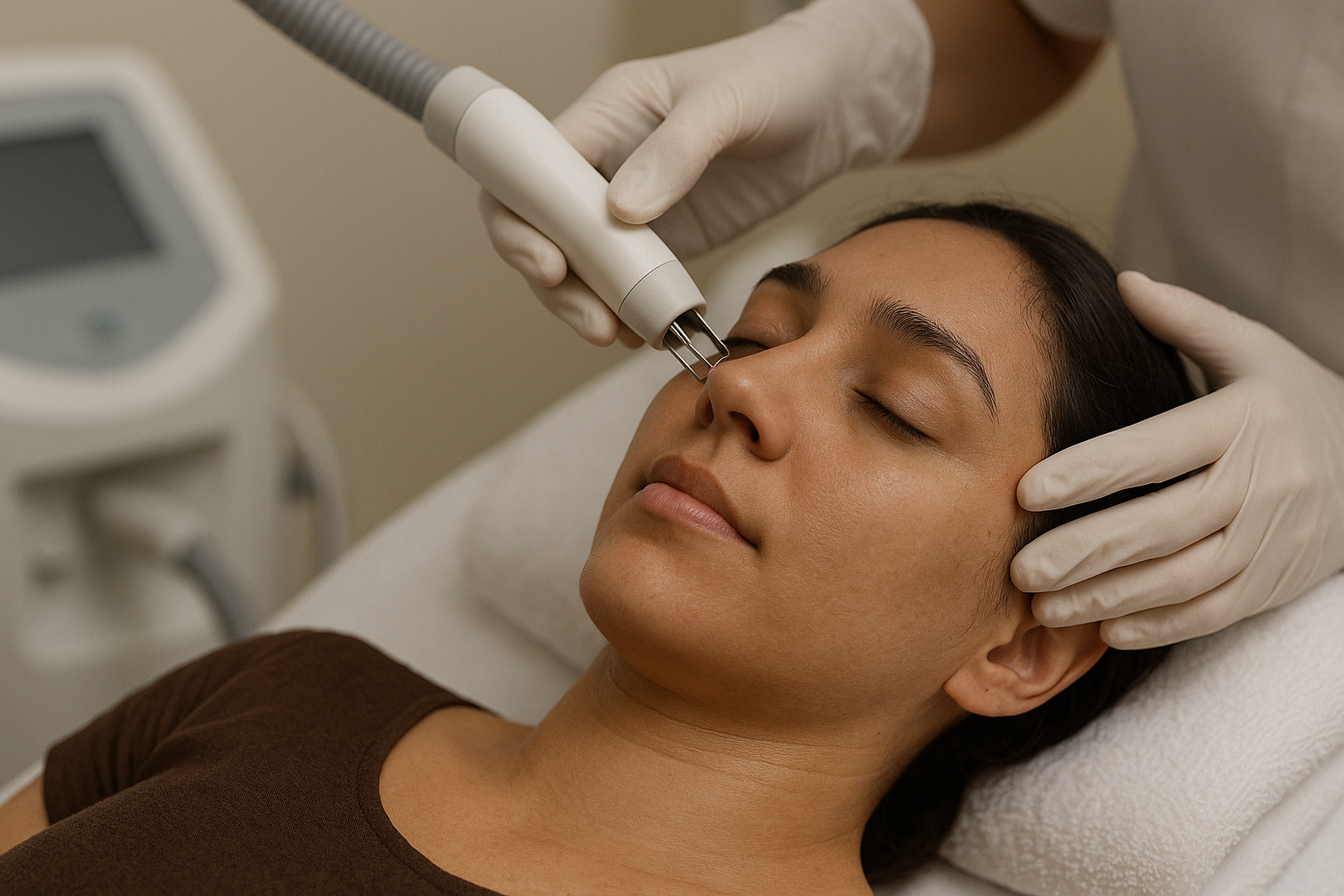Introduction
Connective Tissue Disorders CTDs are a collection of diseases that impact the structural framework of the body, affecting joints, skin, muscles and internal organs, and may be either genetic or autoimmune, causing chronic pain and loss of mobility. Early detection and sophisticated treatments, such as regenerative therapies, can greatly enhance quality of life.
What are Connective Tissue Disorders?
Connective tissue gives structural support and elasticity to the body, and diseases of connective tissue, referred to as connective tissue diseases CTDs, lead to pain, stiffness, and deformities because of collagen and elastin abnormalities. Rheumatoid arthritis, lupus, scleroderma, and Marfan syndrome are some examples of CTDs.
Common Causes & Risk Factors
- An autoimmune reaction results when the body’s immune system mistakenly attacks and damages its own connective tissue, causing an array of autoimmune diseases. Autoimmune disease is what most individuals consider when considering connective tissue disease. During these conditions, your immune system produces chronic inflammation in some area of your body. Chronic inflammation results in pain, swelling and ultimately, permanent tissue damage.
- Ehlers-Danlos syndromes EDS are a collection of genetic disorders resulting from mutations in genes that impair the body’s capacity to synthesize or metabolize collagen, an essential protein for the strength and elasticity of connective tissues.
- Inflammation and infection can actually precipitate chronic pain and the tissue injury, since chronic inflammation can result in nerve sensitization and the liberation of inflammatory mediators that cause tissue damage.
- Lifestyles and environmental conditions are well-established risk variables for cardiovascular disease. This could lead to irregular skin coloring in certain individuals. Recurrent exposure to environmental conditions like tobacco smoke, heat, and ultraviolet.
Symptoms & Early Signs
- Both lupus and rheumatoid arthritis RA may result in joint pain and stiffness, but they vary in severity, likelihood of joint damage, and other manifestations. RA tends to produce more severe joint damage and stiffness, whereas lupus arthritis tends to be less severe and possibly more migratory, involving different joints at different times.
- Dermatomyositis is a skin and muscle autoimmune disease and occurs alone or in overlap syndromes primarily with scleroderma. A dusky red rash appears, typically on your face and eyelids and your knuckles, elbows, knees, chest and back.
- The fatigue and muscle weakness are also typical symptoms of the multiple autoimmune diseases, in which the immune system of the body erroneously attacks its own tissue, causing damage and inflammation.
- Congestion or hypoperfusion may result in organ injury, impairment and failure of target organ, which are related to increased mortality. Evidence indicates that prevention and correction of organ injury are related to improved outcomes.
Advanced Treatment Options at Regencare
Regenerative Medicine for Connective Tissue Disorders
- Stem cell therapy takes advantage of the natural repair processes of the body using stem cells in order to encourage tissue regeneration and minimize the inflammation, which can help treat some conditions.
- Platelet-Rich Plasma PRP therapy, a regenerative medicine procedure, utilizes the body’s own healing potential to stimulate tissue repair and regeneration, such as stimulating collagen production for joint and skin wellness.
- Hyaluronic acid injection is applied for the treatment of knee pain resulting from osteoarthritis in patients who have previously been given pain medications and other therapies which were not very effective. Hyaluronic acid is analogues to a material that naturally occurs in the joints.
- Increasing evidence suggests that immune-checkpoint inhibitors (ICIs) could be safe and effective within this population of patients. Immunotherapies can also potentially take advantage of the immune system’s own capacity to remember previous threats.
Why choose Regencare?
- Regenerative medicine is an emerging specialty of orthopedic surgery with a focus on exploiting the natural mechanisms of healing in the body to restore, regenerative medicine is a new medical branch dealing with treatments and therapies capable of regenerating, repairing or renewing cells.
- Board certification in rheumatology or immunology; experience in treating certain autoimmune disorders; availability of complete diagnostic services. Regencare provides specialized consultations for Platelet-Rich Plasma PRP injections for joint pain and skin issues. Call us now!
- AI-driven diagnostics and customized treatment plan are transforming healthcare by processing patient-specific information to develop customized approaches at Regencare.
- Regencare in Kochi, Kerala, provides minimally invasive and non-surgical pain relief treatment, such as PRP therapy, Orthogen P, and possibly other regenerative medicine methods, for conditions such as joint pain, tendon injuries, and muscle strains.
Book a consultation Today!
Get expert care for connective tissue disorders at Regencare Dermatology. Our specialists offer advanced regenerative therapies to restore mobility, reduce pain, and improve skin health.



